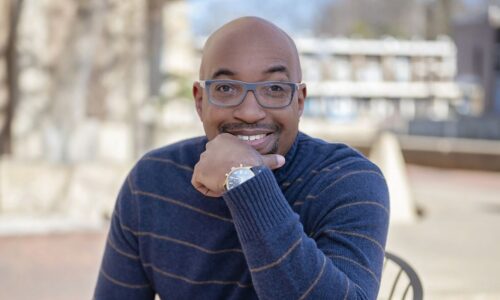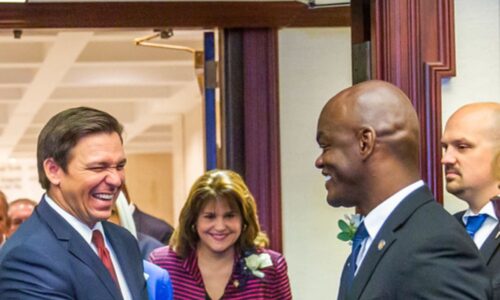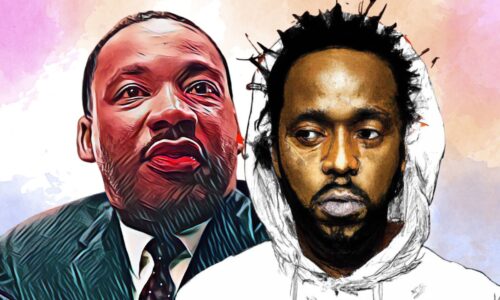On Monday, classes will resume at Umpqua Community College, almost two weeks after a gunman killed nine people, wounded nine more and then shot himself.
The carnage at Umpqua Community College on October 1 was another grim reminder that gun violence remains a significant threat on college campuses in America.
Republican Presidential hopeful Ben Carson took advantage of the tragedy to score some soundbites saying he would “not just stand there and let him shoot me. I would say, ‘Hey guys, everybody attack him. He may shoot me, but he can’t get us all.'”
Ben Carson and those who reason like him believe this. In 2015 alone, 15 states proposed almost two dozen bills seeking to loosen gun limitations on campuses. It would not have made a difference in the case of the Umpqua murders since students in Oregon are allowed to carry concealed weapons on campus.

Over in Europe, the idea of school shootings is almost absurd.
Tina Tang, an international student at Northwestern University, underscored this by describing an incident while she was attending class in Paris.
Tang was in a library with some colleagues when she ventured to the exit and noticed the facility was on lockdown. One classmate informed her there had been an “attack” while another explained the cause for precautions was a “bomb” threat. Things soon went back to normal when the students learned a man had simply tossed some paint bombs in the lobby.
Tang, a columnist with The Daily Northwestern, was startled by casualness and wish the French students handled the threat.
“I wasn’t sure if the words “attack” and “bomb” have different connotations in French, or if their intentions were lost in translation, but the French students didn’t seem to have thought twice about using those terms. To them, the word “attack”, especially used in a school setting, doesn’t seem to imply an active shooter on campus,” Tang wrote.
As Tang pointed out, in France there has only been one school shooting in the past 20 years. An additional look at the numbers revealed 23 mass shootings in 13 European nations from 2000 to 2014. The U.S. has reportedly had 994 in the past two years.
European citizens have to go through background checks and be licensed to carry guns, just like Americans, although the weaponry is highly regulated. Still, Europeans face the same mental health issues and have to deal with concerns about crime and poverty just like citizens in the United States.
For Tina Tang, the biggest disparities were the sheer number of guns available on the street in the United States, the people’s lack of trust in the government and most of all, the 2nd Amendment of the U.S. Constitution.
“As an international student, I will never understand this uniquely American obsession with guns, but I recognize that the right to bear arms is central to the founding of America,” Tang explained. “However, America also experiences mass shootings at a rate that is unparalleled by any other industrialized democracy in the world. Is it worth the thousands of lives stripped of the world each year just to protect an outdated amendment?”




